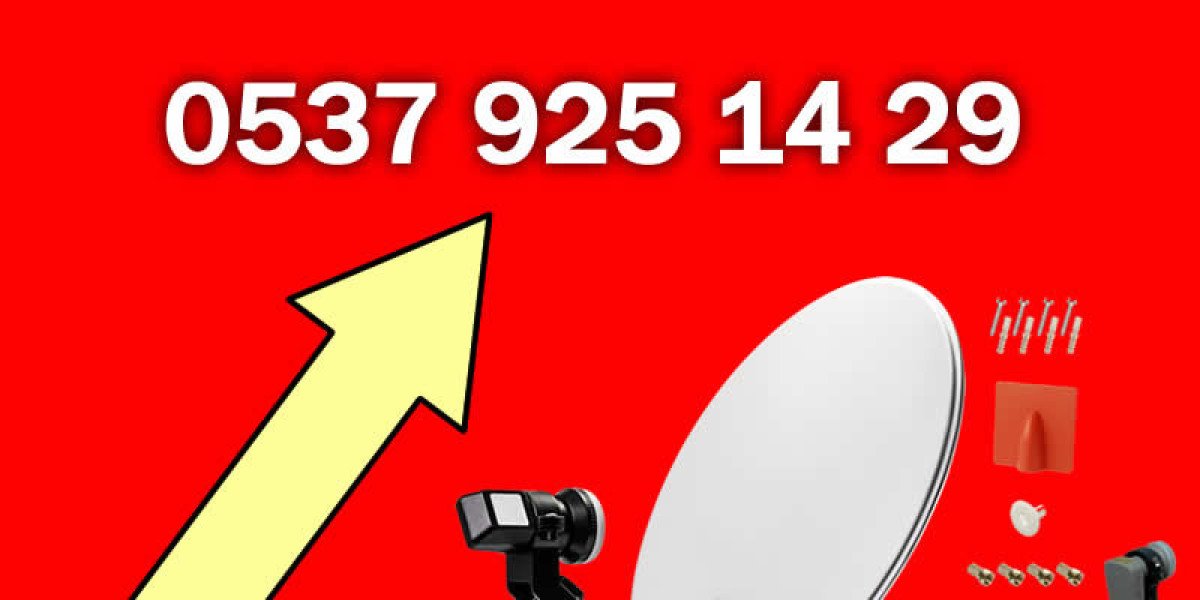When investing in solar energy, one of the most critical components to consider is the solar inverter. Understanding the factors that influence determining the life expectancy of solar inverters can help you make informed decisions about your solar energy system. In this article, we will delve into the various elements that contribute to the longevity of solar inverters.

What is a Solar Inverter?
A solar inverter is an essential device that converts the direct current (DC) generated by solar panels into alternating current (AC), which is used by most household appliances. The efficiency and reliability of this component are crucial for the overall performance of your solar energy system.
Key Factors Influencing the Lifespan of Solar Inverters
Several factors play a significant role in determining the life expectancy of solar inverters. Understanding these can help you maximize your investment:
- Quality of Components: Higher quality materials and components typically lead to longer-lasting inverters. Look for reputable brands that prioritize durability.
- Environmental Conditions: Inverters exposed to extreme temperatures, humidity, or dust may experience reduced lifespans. Proper installation and placement can mitigate these risks.
- Usage Patterns: Frequent cycling between on and off states can wear out inverters faster. Understanding your energy consumption can help optimize inverter performance.
- Maintenance Practices: Regular maintenance checks can identify potential issues before they escalate. This proactive approach can significantly extend the life of your inverter.
Average Lifespan of Solar Inverters
On average, solar inverters have a lifespan of about 5 to 15 years, depending on the type and quality. String inverters, for instance, generally last between 5 to 10 years, while microinverters and power optimizers can last up to 25 years. This variance highlights the importance of determining the life expectancy of solar inverters based on the specific model and brand.
Maximizing the Lifespan of Your Solar Inverter
To ensure that your solar inverter operates efficiently for as long as possible, consider the following tips:
- Choose high-quality inverters from reputable manufacturers.
- Install the inverter in a shaded, well-ventilated area to avoid overheating.
- Schedule regular maintenance checks with a qualified technician.
- Monitor the inverter's performance regularly to catch any issues early.
For more detailed insights on this topic, you can refer to the comprehensive guide on solar inverter lifespan.
Conclusion
In conclusion, understanding the factors that influence determining the life expectancy of solar inverters is essential for anyone considering solar energy. By investing in quality components, maintaining optimal environmental conditions, and adhering to regular maintenance practices, you can significantly enhance the longevity of your solar inverter. This not only maximizes your investment but also contributes to a more sustainable energy future.







